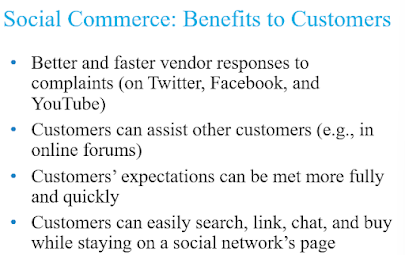Hi everyone! Welcome to the Everyday Everytime blog🪄
This week, due to Wednesday being a public holiday (Happy Wesak Day), we are having our class on Friday as a replacement.
First, Dr Fareed has shared with us about the SEGI model, which describes how organizations grow and manage knowledge through four processes involving the interplay between explicit and tacit knowledge.
From Professor Nonaka, there are two basic types of knowledge⬇️
1️⃣Explicit knowledge: can see, clear, codified knowledge that can be found in documents, databases, etc: IT is essential for transfer and storage
2️⃣Tacit knowledge: intuitive knowledge & know-how, difficult to express or extract, rooted in context, experience, practice & values, hard to communicate, etc. IT mainly as support
Behind social computing must related to socialization
Internet Evolution
➡️WEB 1.0 - Original, information-oriented version of the World Wide Web, sometimes called "the read-only web", the content comes from the server's filesystem, not a relational database management system, focuses on reading
➡️WEB 2.0 - User Generated Content (UGC), known as "the participate social web", focuses on participating and contributing, exp, google map
➡️WEB 3.0 - analytics intelligence, "read-write-execute", the future of the internet, would involve AI and ML, which process content like a "global brain", with all data being connected contextually and conceptually.
Social Commerce can bring benefits to Customers & Businesses.
Next, Dr Fareed has tracked our CIP-UPM progress by checking our storyboard updates. After that, Dr Fareed shared with us about the Wayback Machine, the website that records archived from the year of creating the website until the last modified date. Besides that, Dr Fareed has shared about the Google review function and WOM (world of mouth) concept.
End class with Donut!!❤️





.jpeg)


Comments
Post a Comment